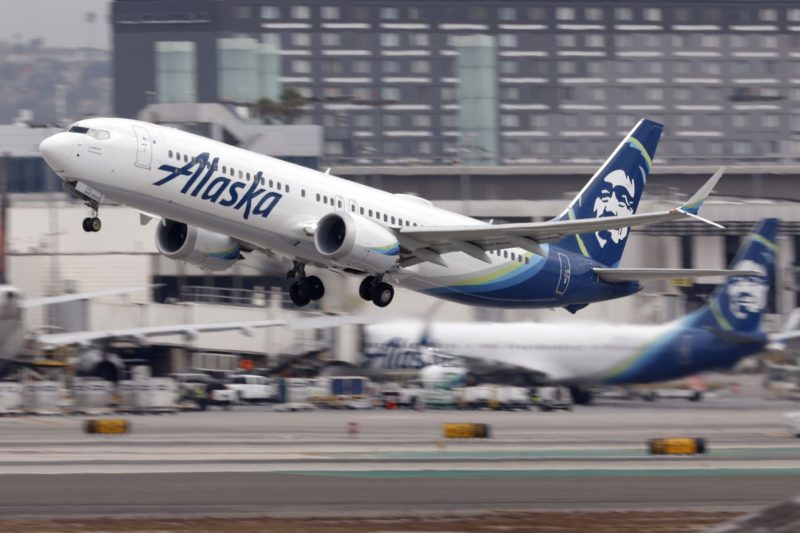Boeing Takes Bold Step by Cutting 10% of its Workforce
Boeing has recently announced a significant decision to reduce its workforce by 10%, which translates to around 16,000 jobs. This move comes in response to the challenging circumstances the company is facing in the aerospace industry due to the impact of the ongoing pandemic and the global economic downturn. Let’s delve deeper into the implications of this decision and analyze the broader effects it may have on Boeing, its employees, and the industry as a whole.
Reasons Behind the Workforce Reduction
Boeing’s decision to cut down its workforce can be attributed to various factors. The unprecedented challenges posed by the COVID-19 pandemic have significantly impacted the demand for air travel, leading to a sharp decline in aircraft orders and deliveries. With airlines scaling back their operations and deferring new aircraft purchases, Boeing has been faced with a reduced demand for its commercial aircraft.
Furthermore, Boeing has been grappling with the aftermath of the 737 Max crisis, which severely affected its reputation and financial stability. The prolonged grounding of the 737 Max aircraft following two fatal crashes has not only resulted in significant financial losses for the company but has also dealt a blow to its credibility and customer trust.
In light of these challenges, Boeing has been forced to reassess its operations and make tough decisions to ensure its long-term sustainability and competitiveness in the industry. The workforce reduction is part of the company’s broader strategy to streamline its operations, cut costs, and weather the storm of uncertainties in the aerospace market.
Impacts on Boeing and its Employees
The decision to cut 10% of its workforce will undoubtedly have far-reaching effects on Boeing, its employees, and the broader aviation sector. For Boeing, the reduction in its workforce signifies a significant restructuring effort aimed at aligning its operations with the current market conditions and ensuring its financial viability in the long run.
For the affected employees, the news of job cuts can be distressing and challenging, especially in the midst of an economic downturn and a highly competitive job market. Boeing has stated that the job cuts will primarily affect its commercial airplane division, with reductions in management and back-office functions. The company has also emphasized its commitment to providing support and resources to help affected employees transition to new opportunities and navigate the uncertainties of job loss.
Industry-wide Implications
The decision by Boeing to reduce its workforce by 10% reflects the broader challenges faced by the aerospace industry in the wake of the pandemic. With airlines cutting capacity, deferring aircraft deliveries, and implementing cost-cutting measures, aerospace manufacturers like Boeing are feeling the ripple effects of the downturn in air travel demand.
Moreover, the aerospace industry relies heavily on global supply chains, which have been disrupted by the pandemic and related travel restrictions. This has further exacerbated the challenges faced by aerospace companies in maintaining their production schedules and meeting customer demands.
The workforce reduction at Boeing also underscores the need for companies in the aviation sector to adapt to the evolving market conditions and explore innovative solutions to ensure their resilience and sustainability in the long term. As the industry continues to navigate the uncertainties brought about by the pandemic, strategic decisions such as workforce reductions may become necessary for companies to stay competitive and weather the challenges ahead.
In conclusion, Boeing’s decision to cut 10% of its workforce is a bold and proactive step aimed at addressing the current challenges facing the company and the aerospace industry as a whole. While the job cuts may bring about short-term pain and uncertainty, they are part of a broader strategy to ensure Boeing’s long-term viability and competitiveness in a rapidly changing market environment. As the aviation sector continues to grapple with the impacts of the pandemic, companies like Boeing will need to adapt, innovate, and make tough decisions to emerge stronger on the other side.


























